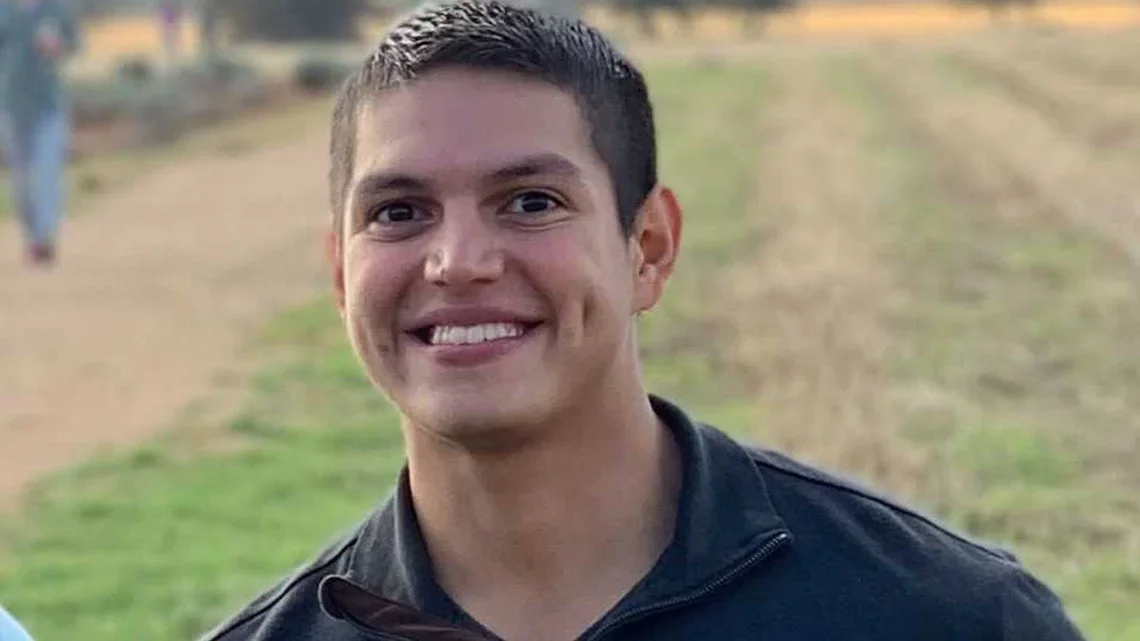Water for Elephants: Polish Skillet Breakfast Recipe 🥁🥁🥁1/2
/Year Released: 2011
Directed by: Francis Lawrence
Starring: Reese Witherspoon, Robert Pattinson, Christopher Waltz, Hal Holbrook
(PG-13, 120 min.)
"Women and elephants never forget an injury." Saki
This film about a Depression era traveling circus has it all – glamorous illusion and gritty reality, glittering gowns and desperate men, stateroom Champagne and boxcar hooch. We glimpse at the exotic creatures under the big tent, animals and humans alike, yet we also see the squalid and brutish life they lead in between shows.
Despite its lushly romantic facade, a quiet desperation undergirds everyone and everything in this screen version of the best selling novel penned by Sara Gruen. There’s even an echo of Charles Dickens’s famous opening paradox from A Tale of Two Cities: “It was the best of times. It was the worst of times.”
The world looks bright and beautiful for Jacob Jankowski (Robert Pattinson) as he prepares to take his final exams in Cornell’s Veterinary School, knowing he will come into his father’s veterinary practice. He shares a quick breakfast in their cozy farmhouse before heading to his tests, throwing in a few Polish farewells to his immigrant parents who beam with pride.
In the midst of his exam, Jacob’s world falls apart. He learns his parents have both been killed in an automobile accident, and if that is not enough, he finds out that the bank now owns everything, from the farmhouse to his father’s practice. It seems his kindly veterinarian father has run his business to ground, taking chickens in trade from cash strapped clients. Numb with grief and seeing no future for himself, Jacob wanders outside of town and jumps a passing train.
It turns out to be a circus train belonging to the second tier Benzini Brothers. With his well-honed skills with animals, Jacob quickly graduates from shoveling manure to caring for the splendid creatures that create it. Not only do the gorgeous black and white steeds catch his attention, but their exquisite female handler as well. Such interest is quickly scotched by Camel, a circus roustabout who befriends him. The beautiful Marlena (Reese Witherspoon) is definitely off limits.
“That’s the boss’s wife, and she don’t talk to nobody and you don’t talk to her.”
Of course, as one critic has remarked, if Jacob had heeded this advice, we would have no movie. Paradoxically, the standoffish beauty begins to soften toward Jacob when he tells her a painful truth. Her beloved Silver, the star of her horse liberty act, will never recover from his acute lameness. Her husband August (Christoph Waltz) hides this from her, not out of kindness, but merely hoping to get a few more performances from this star attraction. Marlena and Jacob both defy his wishes as Jacob puts a pistol to its head to end its misery.
At first August is furious, but since the dead horse has provided meat for his starving big cats, he is somewhat mollified. And he is downright sparkling when he unveils his new acquisition to replace Silver. It is Rosie, a sixty-five year old elephant he has gotten on the cheap from a circus that has gone under. To August Rosie represents his ascension to the big time. Having an elephant puts him in the big leagues, maybe even creeping up toward the reviled Ringling Brothers. So what if Rosie’s old owner labels her stupid. Marlena will learn to ride her, and Jacob will handle her.
And so begins a series of love triangles, and they are more complex than you might guess. One the one hand, we have Jacob and Marlena, united in their love of Rosie. Still another includes Marlena, August and Jacob, but it is more complex than one might think. August admires Jacob; his Ivy League education adds class to the circus in the same way Rosie the elephant does. Finally, here is someone he can talk to, someone apart from the freaks, the drifters, and the hired muscle that comprise his world.
August even courts Jacob in a sense, inviting him over to the polished mahogany interior of his and Marlena’s town car, lending Jacob a tuxedo and plying him with Champagne. But August is a troubled man, a deadly combination of mercurial charm – you know the kind that serial killers sometimes have – deep insecurity, and episodes of savage cruelty. Some of the most difficult scenes are when he goes after Rosie with the infamous bull hook – more wrenching even than when he turns on Marlena once he suspects there to be something between her and Jacob.
He is a villain, but a complex one, too. There is even a degree of self-loathing as voices his suspicions about Jacob and Marlena by having them dance together in front of him and then narrating what he supposes is their betrayal as a sort of circus act that he proposes.
Robert Pattison of the Twilight vampire saga, brings back the sensitive angst that had the girls falling for a young James Dean way back when. He acquits himself well here, I would say, as does Witherspoon as Marlena. She recounts her hardscrabble life, being born on a train and abandoned as a child. August is her savior in a sense, having ushered her into the circus train and his life when she was a star struck 18-year-old bouncing from one foster home to another. “I’ve been a passenger my whole life,” she tells Jacob, perhaps the best explanation for her self-imposed passivity.
Hal Holbrook, playing a ninety-something Jacob recounting the tale, bookends the film with the classy authenticity only he can provide. I still remember when it took the youthful Holbrook four hours to put on the makeup to become the aged humorist in his wonderful live performances of Mark Twain Tonight. Now he is a rascally curmudgeon with his natural face.
This is a fine film, grounded in the same old-fashioned grand storytelling and spectacle of that era. It is about love and loyalty and courage. For some that is not enough.
—Kathy Borich

Film-Loving Foodie
Let’s take Jacob back to his world before it fell apart. He sits at the table in his family’s cozy farmhouse. The world is before him. After his exams, all those long years of study and veterinary field work will pay off.His parents shine almost as much as he in anticipation and pride. Maybe he doesn’t even taste the breakfast his Polish immigrant mother has prepared for him.
But you can. It is rich with kluski, Polish noodles, and white sausage, with the added zest of peppers, onions, and cheese.
Smacznego!
Polish Skillet Breakfast
This Polish breakfast skillet recipe is a takeoff on a dish my busia (Polish for grandmother) and mother would make when they had leftover kluski (noodles). They'd fry them in lots of butter, scramble in some eggs and add a healthy sprinkling of black pepper. We'd have it for breakfast, lunch or dinner, or anytime eating meat was a no-no.
I've updated it a bit with peppers, onions, sausage and cheese. And sometimes I substitute leftover potatoes for the kluski.—Barbara Rolek
Makes 6 hearty servings of Polish Breakfast Skillet Recipe
Prep Time: 15 minutes
Cook Time: 15 minutes
Total Time: 30 minutes
Ingredients
1 large chopped onion
1 pound fresh Polish white sausage OR smoked sausage
1 chopped red pepper
1 chopped green pepper
2 cups leftover kluski OR 2 large cooked potatoes, sliced
6 large beaten eggs
Salt and pepper
1/2 cup grated kashkaval or provolone cheese
Preparation
Heat oven to 350 degrees. If using fresh Polish sausage, remove the meat from the casings and place in a large cast-iron or ovenproof skillet. Add the onion and peppers and cook until the sausage is cooked thoroughly and the vegetables are tender. ]
Note: If using smoked sausage, cut into 1/4-inch-thick slices, place in skillet with onion, peppers and 1/4 cup water and steam, covered, until vegetables are cooked. Remove cover and let any accumulated water evaporate.
Add 2 tablespoons butter and proceed with recipe.
Add kluski or potatoes and heat through. Add eggs and scramble on low, stirring constantly, until eggs are done to your taste. Adjust seasonings. Sprinkle cheese on top, completely covering surface, and place skillet in oven until cheese is melted.
Recipe Source: Eastern European Food.about.com


















